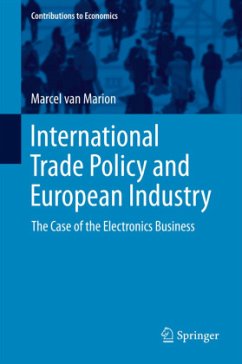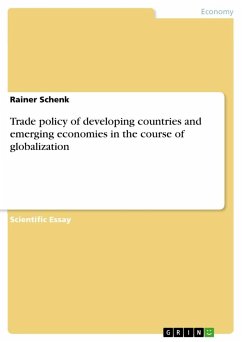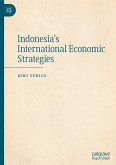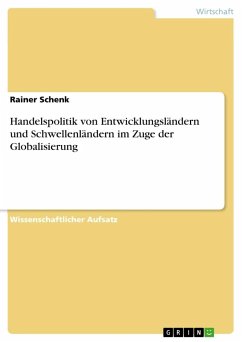Trade policy has played a vital role in the decline of European electronics business. The events that resulted in the disappearance of the European television industry, of a European and Japanese video recorder format and of other European consumer electronics are directly related to market structures in exporting countries and business practices. In this book, factual business data shows and economic models explain how restrictive trade practices result in elimination of efficient competitors in export markets. It deals with the memorable case how a videocassette recorder format was established by dumping and how politics enabled it. An innovative tariff increase for CD players was invalidated by heavy dumping, causing closure of production in Europe. European CTV industry succumbed under permanent dumping and a series of biases - as the interest of a state-owned company - and serious errors making trade instruments void and rules irreconcilable with international agreements. Practical and theoretical examples and explanations, some in detail, of trade rules are provided. The book sketches events - carelessness, prejudice or special interests, arbitrary and false application of trade instruments and fraud - resulting in disappearance of various European electronics business segments.
From the book reviews:
"The book is rich with anecdotes, factual information, graphs, diagrams, pictures, and tables. ... for those who rode the various 'waves' of EU electronic trade cases in the 1970s, 1980s and 1990s, this book may likely bring back colourful memories of the heydays of anti-dumping involving Japan, Korea, South-East Asia, and beyond. ... In short, a thought-provoking and easy-to-read book containing a number of greatly entertaining stories. A strong buy." (Folkert Graafsma, Journal of World Trade, Vol. 48 (4), August, 2014)
"The book is rich with anecdotes, factual information, graphs, diagrams, pictures, and tables. ... for those who rode the various 'waves' of EU electronic trade cases in the 1970s, 1980s and 1990s, this book may likely bring back colourful memories of the heydays of anti-dumping involving Japan, Korea, South-East Asia, and beyond. ... In short, a thought-provoking and easy-to-read book containing a number of greatly entertaining stories. A strong buy." (Folkert Graafsma, Journal of World Trade, Vol. 48 (4), August, 2014)








